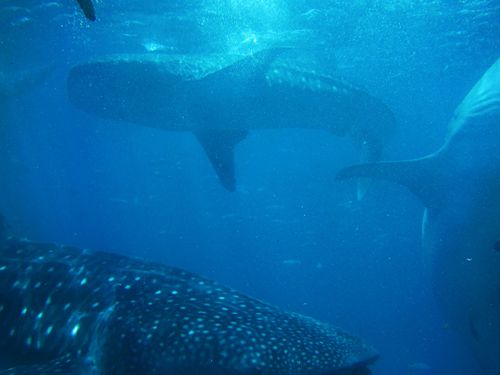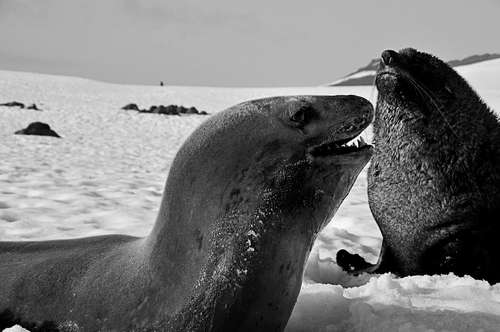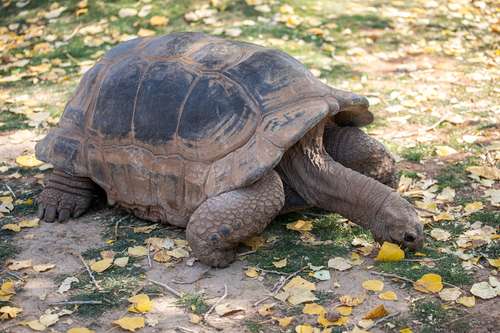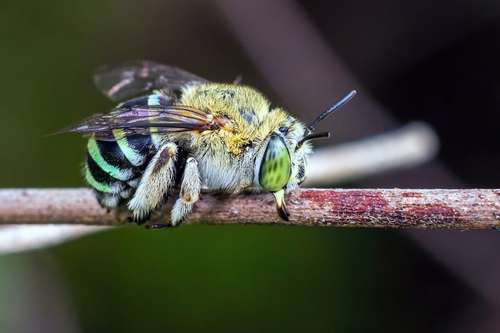The Atlantic Ocean is home to a vast number of thriving marine species, ranging from smaller creatures like shrimp and fish to apex predators such as whales and sharks. Although these animals might seem to live a life independent of humans, the truth remains that many human activities affect marine life. The effects of climate change and illegal fishing have been a threat to the lives of these animals, but new research on pollution has demonstrated that some Brazilian sharks test positive for cocaine.
Many previous studies have attested to the presence of cocaine in various water bodies across the Atlantic Ocean, including wastewater and rivers. In England, a metabolite of cocaine was found in saltwater. The recent discovery of Cocaine sharks emphasizes the need to protect life underwater from the consequences of illegal human activities like drug trafficking.
The Research
Between September 2021 and August 2023, a group of researchers got 13 sharp-nosed sharks near the shores of Rio de Janeiro. These sharks, a combination of females and males, were dissected and their organs examined for traces of drugs. Surprisingly, the liver and muscle tissues of these sharks tested positive for cocaine and its metabolites.
The research findings carried out by the Oswaldo Cruz Foundation are the first of their kind ever found in top-level predators like sharks. Expert researchers believe that the source of contamination in these waters could be a result of illegal activities and the dumping of these hard substances into the ocean by traffickers, leading to accidental ingestion by sharks.
The widespread increase in illegal laboratories for these hard drugs has led to unchecked drainage of materials into these waters. It could also be the result of littering from drug users. Potential implications for ingesting such substances are largely uncertain. However, previous research suggests that this drug can have toxic effects on these animals, sometimes threatening their very existence.
The Implications
Although it seems like the Internet is buzzing, with the news that Brazilian sharks test positive for cocaine, it is important to understand that the problem stems beyond just cocaine. Pollution is a huge threat to wildlife and has put the lives of these animals at stake. Overfishing also diminishes the population of sharks in these waters, and as such, the International Union for Conservation of Nature formally identifies Brazilian sharp-nose sharks as "vulnerable."
There are loads of concerns and limitations to this study, which implies a need for more research including other species of sharks, increasing the sample size, and also testing the water where these animals are gotten from to have a much more rounded opinion on the subject.
Tracy Fanara, popular for the documentary “Cocaine Sharks”, notices the widespread buzz because this involves cocaine, a subject bound to make headlines in mainstream media. However, she states that this is simply a part of a whole issue relating to pollution of water bodies, as there have been many other cases related to other chemical pollutants from fertilizers, pharmaceuticals, and plastic.
Final Thoughts
To preserve marine life, everyone has a part to play. The role of awareness cannot be overemphasized. People who live in coastal areas should be informed of the effects of their daily activities on aquatic creatures. The government also has a role to play to curb the menace of drug trafficking via waterways.




